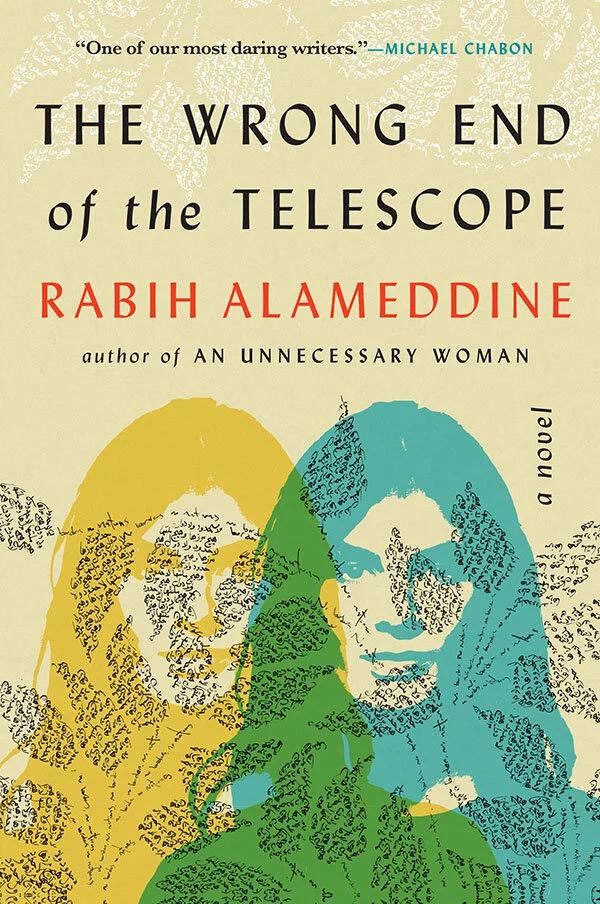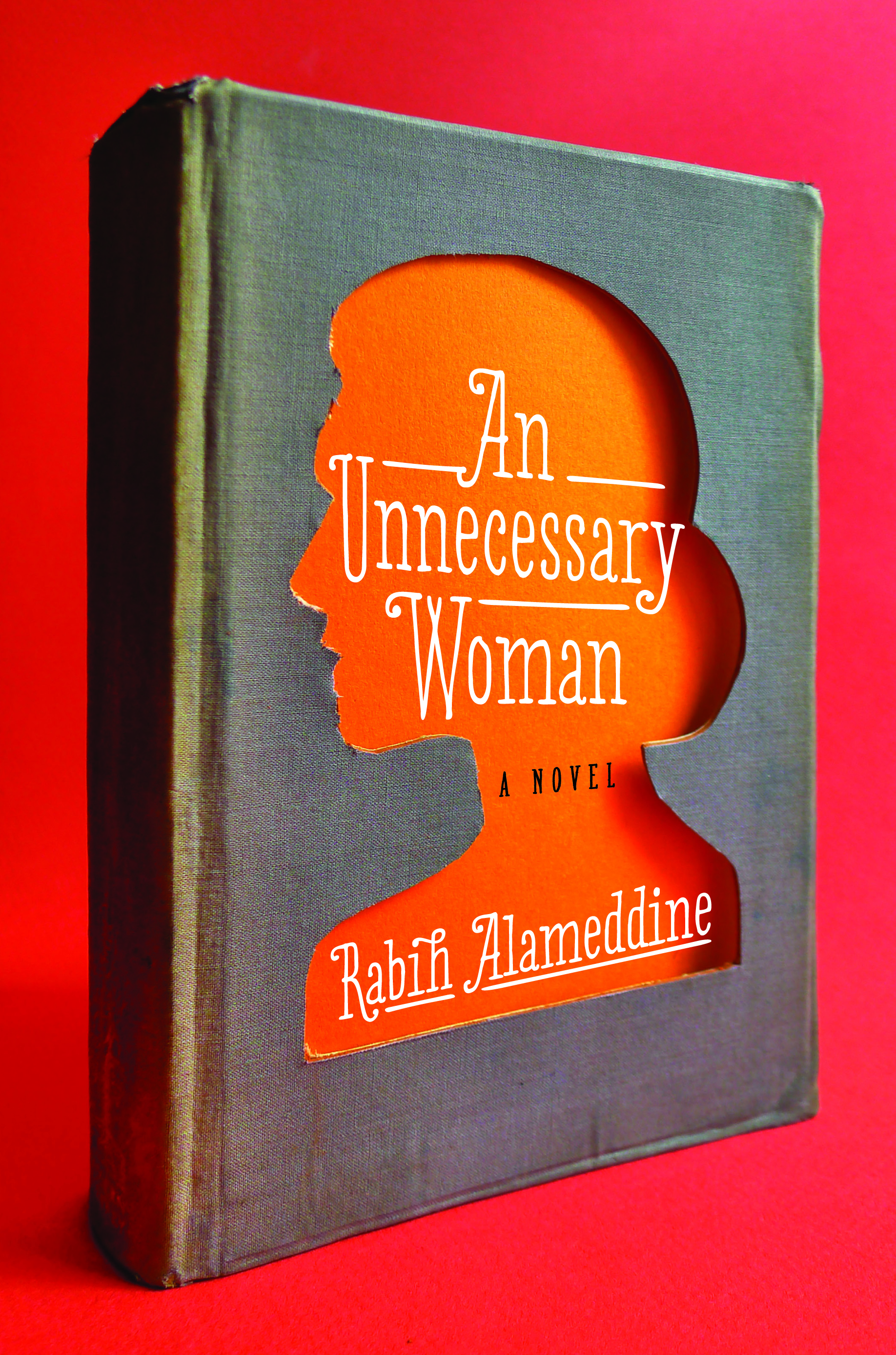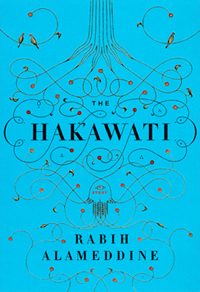The True True Story of
Raja the Gullible
(and His Mother)
“Alameddine is a writer with a boundless imagination.”—NPR
From National Book Award finalist and winner of the PEN/Faulkner Award for Fiction comes a tragicomic love story set in Lebanon, a modern saga of family, memory, and the unbreakable attachment of a son and his mother.
In a tiny Beirut apartment, sixty-three-year-old Raja and his mother live side by side. A beloved high school philosophy teacher and “the neighborhood homosexual,” Raja relishes books, meditative walks, order, and solitude. Zalfa, his octogenarian mother, views her son’s desire for privacy as a personal affront. She demands to know every detail of Raja’s work life and love life, boundaries be damned.
Comforting Myths:
Concerning the Political in Art
Fall 2024
A timely and urgent inquiry>=.
In this concisely argued and illuminating book, the PEN/Faulkner Award–winning author Rabih Alameddine takes the subject of politics and art head-on, questioning the very premise of dividing these two pillars of culture into an either/or proposition. He reveals how a political dimension enlarges a work of art rather than making it less beautiful or reducing it to a polemic, as we are so often and carelessly taught. But he also ponders what makes art political to begin with: how essential is the artist’s conscious political intent, and what does the reader or viewer contribute to the work’s political capability or significance?
The Wrong End of the Telescope
September 2021
By National Book Award and the National Book Critics’ Circle Award finalist for An Unnecessary Woman, Rabih Alameddine, comes a transporting new novel about an Arab American trans woman’s journey among Syrian refugees on Lesbos island.
“Profound and wonderful… A wise, deeply moving story that can still locate humor in the pit of hell… A triumph.”—Publishers Weekly (starred review)
The Angel of History
October 2016
Following the critical and commercial success of An Unnecessary Woman, Alameddine delivers a spectacular portrait of a man and an era of profound political and social upheaval.
“In this provocative portrait of a man in crisis, masterful storyteller Alameddine takes on some of the most wrenching conflicts of the day.” —Booklist (starred review)
An Unnecessary Woman
January 2014
Rabih Alameddine follows his bestseller, The Hakawati, with a heartrending novel that celebrates the singular life of an obsessive introvert, revealing Beirut’s beauties and horrors along the way.
The Hakawati
April, 2008
In 2003, Osama al-Kharrat returns to Beirut after many years in America to stand vigil at his father’s deathbed. The city is a shell of the Beirut Osama remembers, but he and his friends and family take solace in the things that have always sustained them: gossip, laughter, and, above all, stories.
I, The Divine
October, 2001
Named by her grandfather after the "divine" Sarah Bernhardt, red-haired Sarah Nour El-Din is feisty, rebellious, individualistic - a person determined to make of her life a work of art. In I, the Divine, she tries to tell her story, sometimes casting it as a memoir, sometimes a novel, full of sly humor and dark realism, always beguilingly incomplete.
The Perv
July, 1999
Following the publication of his critically acclaimed first novel, Koolaids, Rabih Alameddine offers a collection of stories that explores the experience of a number of Lebanese characters - men and women, gay and straight--whose lives have been blown apart by a disastrous civil war and the resulting international diaspora. Daring in style as well as content, these tales explore the relationships that anchor our hearts to the world -- father and son, grandson and grandmother, pedophile and 12-year-old boy, young man and woman of the streets, sister and sister, daughter and father, gay man and heterosexual, the quick and their dead.
Koolaids
April, 1998
An extraordinary literary debut, this book is about the AIDS epidemic, the civil war in Beirut, death, sex, and the meaning of life. Daring in form as well as content, Koolaids turns the traditional novel inside out and hangs it on the clothesline to air.












